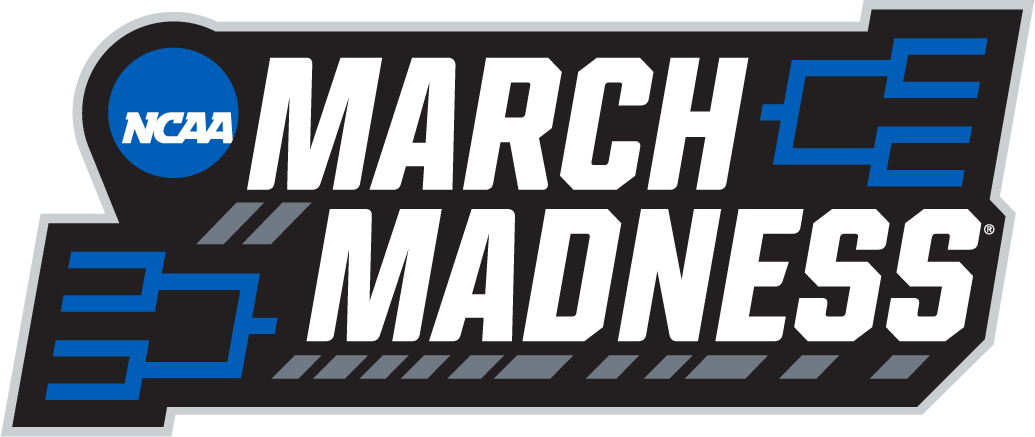After an unplanned year off in 2020 due to the COVID-19 pandemic, the NCAA Men’s Division I Basketball Tournament – colloquially known and branded as March Madness – is back today, much to the excitement of many West Virginia University students.
Gina Martino Dahlia, WVU Journalism Program Chair and executive producer of WVU News, and Charles Scatterday, Shott Professor in Sports and Adventure Media and executive producer of Mountaineer Playbook, reached out to their students to gauge their interest in the tournament.
Scatterday said he sent out a poll to all three of his classes. The poll results indicated that 30 of his students had filled out brackets for March Madness. Four said they hadn’t filled out brackets, while two were uninterested in the tournament altogether.
Dahlia asked her WVU News staff members, who are all also WVU Reed College of Media seniors, how they felt when March Madness was canceled in 2020 and how they feel about its return.
The responses Dahlia received from her students were overwhelmingly positive.
“As someone who works in sports, March Madness getting canceled last year not only disappointed me as a fan, but really had me worried about my job security…Now, seeing the progress we have made over the last year, it’s furthered my love for the game. I couldn’t be more excited to see these athletes compete,” Kierstin Lindkvist, ESPNU Sports Anchor and Reporter for WVU News, said.
Connor Lohmiller, WVU News assistant producer, said he was disappointed when he learned the tournament would not be happening in 2020, but admitted that the cancellation of the tournament helped his grades because he wasn’t spending “unhealthy amounts” of time watching basketball.
“The wait is finally over so it makes this tournament even more exciting. I think it’s going to be a great March Madness because we deserve it after the year we just went through,” Lohmiller said.
Michael Gresko, WVU News reporter, said the cancellation of last year’s tournament was particularly disappointing to him as he heard the news while on his way to Las Vegas – a trip that was booked based solely on March Madness.
“The unpredictability is what has me the most excited for this year’s March Madness,” Gresko said.
Dahlia, who has been teaching at the university for almost 20 years, said she has worked many sports games into the curriculum, which could help combat students potentially neglecting schoolwork in favor of tuning in to sports events.
“I will say they definitely are anxious. I don’t want to say that I’ve seen them slack off, because we’ve actually made that a part of what they can report on in class … they definitely are cognizant of the culture of sports, and how huge it is for WVU and the state,” Dahlia said.
Scatterday, who has only been at the university for two semesters, said this will be his first time contending with the overlap of class and March Madness.
Last football season, however, Scatterday set up many of his classes’ assignments around significant collegiate and professional games, he said.
Dahlia said as a new professor, she didn’t have an understanding of how important sports were to WVU students and fought maintain hard deadlines in her classes. She eventually surrendered to the “if you can’t beat them, join them,” philosophy, she said.
“Rather than being stringent, being a new professor tied to these deadlines, I ended up going and looking at the schedules ahead of time of when games would start and finish so that I could adapt when assignments were due – because being a college kid isn’t all about academics. Part of that is also about the adventure of being an adult,” Dahlia said.
Dahlia said flexibility in her scheduling has resulted in a happier professor and a happier classroom, but recognized such flexibility and content inclusivity might not be possible in all courses.
“Both [Scatterday] and I are teaching in the news, sports [and] entertainment fields, where our kids are covering what we’re teaching, so they just cross over,” Dahlia said.
Dahlia said this year’s March Madness tournament is about more than the sport of basketball itself – it’s about normalcy, as this is the first significant semblance of it that many people have experienced since the onset of the COVID-19 pandemic last year.
“It’s a sign of hope. It’s a sign that this COVID-19 pandemic is not going to last forever. It’s a sign of appreciating, I think, the things that so many of us across America took for granted,” Dahlia said.
Scatterday said without COVID-19’s interference, sports allow people to come together based on a mutual interest and watch sports underdogs get a chance to put themselves in the spotlight.
“March Madness still avails itself to everyone having the opportunity, and you can relive that fun weekend you had with your college buddies or your college girlfriends,” Scatterday said.




